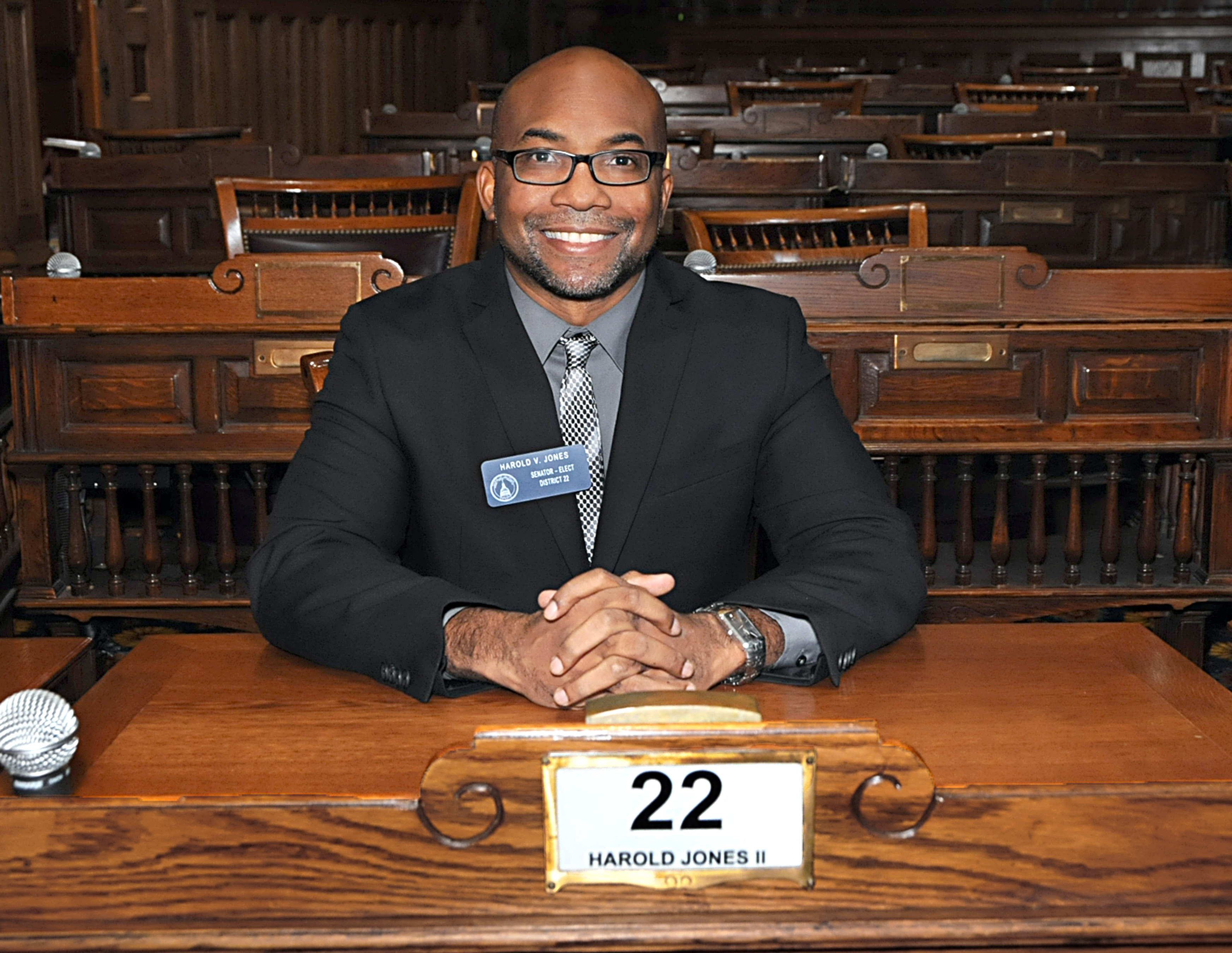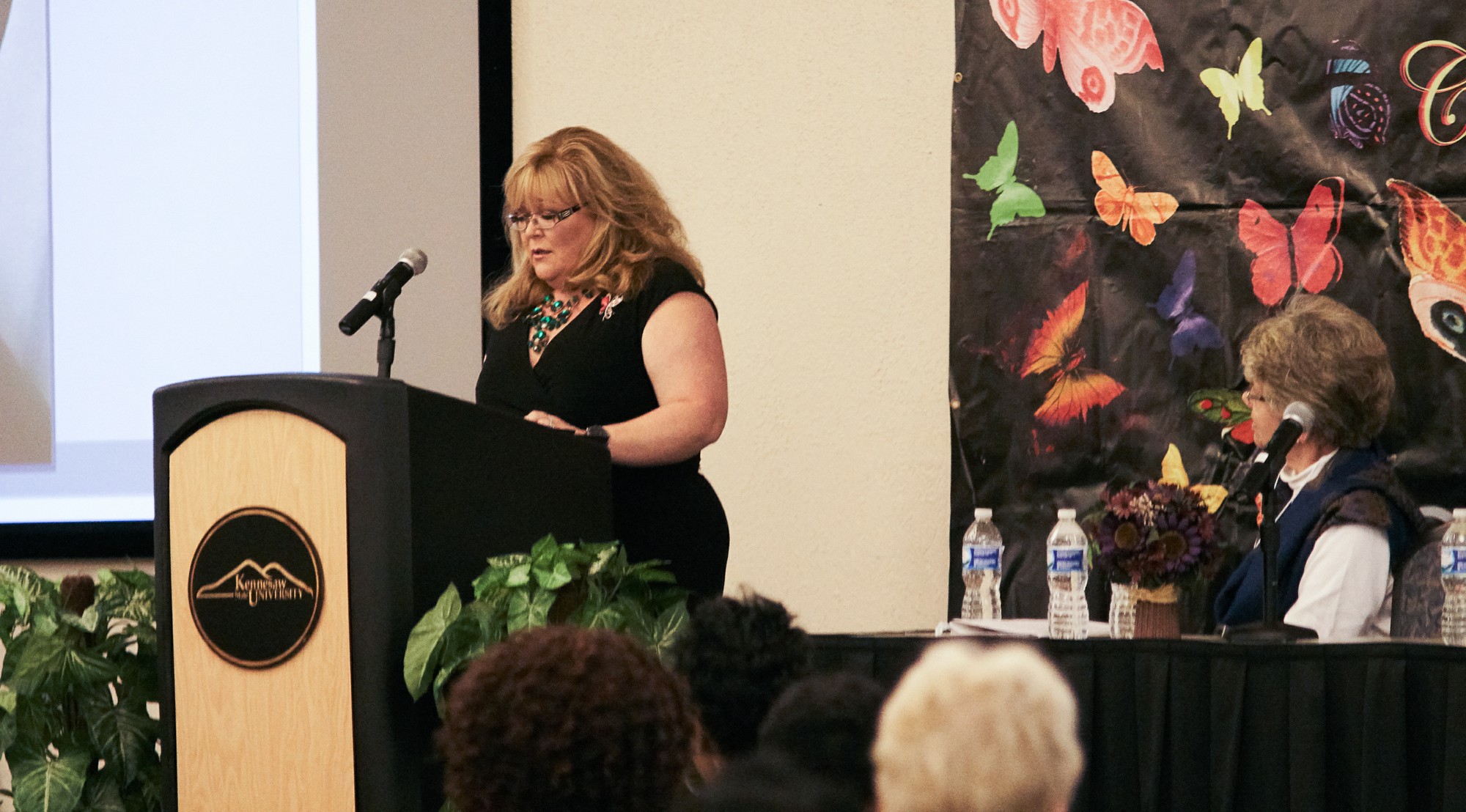A bill currently in the Georgia legislature would lower the offense for marijuana possession in the state from a felony to a misdemeanor.
As it stands now, Georgia law states that possessing less than one ounce of marijuana is a misdemeanor. If a person is charged with possessing any amount higher than one ounce, it is considered a felony offense.
“Does this felony punishment fix what we’re trying to prevent here?” Sen. Harold Jones, sponsor of Senate Bill 254, said. “To me, it’s not.”
Under his proposed bill, any possession of marijuana would be charged as a misdemeanor, no matter the amount. It would be punished like every other misdemeanor in Georgia with up to one year in jail and up to a $1,000 fine.
Jones knows the effects this bill will have because he has seen the victims in person. He worked as a prosecutor for 12 years, served as the solicitor general for the city of Augusta for five years, and he now works as a defense attorney occasionally.
His biggest concern was the loss of rights for convicted felons. Georgia statutes dictate that persons charged with a felony can no longer vote in general elections. They lose eligibility for HOPE and other college scholarships and can be expelled from college. They can lose licenses, like a nursing license or a physician’s license, and the state can ban recipients of Temporary Assistance for Needy Families from receiving food stamps or other benefits.
“There’s not a person who has ever been successful in this world who has not had a misstep of some type, whether it’s in the criminal justice system or whatever it may be,” Jones said. “And in that misstep, they had somebody to help them.” In this case, he believes that the state should help them. At the very least, he does not believe that the state should hinder that person from succeeding.
The wording of the bill does not include any cap or limit. There is no amount of possession that would change the charge from a misdemeanor to a felony. According to Jones, this is no accident.
“What’s the number?” he posed. “What makes that number so magic to say, ‘Now you have to be convicted as a felon’?”
While pointing out that it is difficult to find criteria for such an arbitrary number, he also addressed the consequences of someone possessing so much marijuana. If a cap is put in place, he theorizes, the person who is charged with possession of that much of the drug would probably be addicted and need help rather than a more severe punishment.
While Jones says he has not encountered any firm opposition to his bill, he has had plenty of questions. Most are curious about the cap, while others are concerned that drug dealers will not be penalized properly under this bill. He explains, however, that it does not affect selling, which is still a felony offense — it only affects possession.
“If a person is selling [marijuana], you’re going to be able to prove it,” Jones said, stressing that it is not a number of ounces that determines whether or not a person has the intent to distribute.
“They’re going to have a scale in the car. They’re going to have money in the car. They’re going to have it packaged a certain way.”
During his research in writing this bill, Jones looked at other states to learn more about their laws on marijuana possession and to find out where Georgia stands in comparison.
Ten states have no felony charge for the possession of marijuana, while plenty of others have very large caps before a person is charged with a felony. Louisiana, for instance, holds the record for the biggest limit and does not charge someone with a felony until they are found possessing 60 pounds of marijuana.
There are 18 states that have eliminated criminal possession charges for small amounts of marijuana altogether, instead favoring civil infractions.
“We’re still kind of behind, but I think it’s a good step,” Jones said in regards to his bill, which is currently in the Non-Civil Judiciary Committee in the Senate awaiting a hearing.
In the end, he says, it boils down to whether or not the state is truly aiming at criminal reform.
“Are we wanting to punish somebody, or are we just mad at them?” he said. “What overall goal or aim did we just accomplish by giving you a felony record? Nothing.”



Prohibitionists, you owe the rest of us answers to the following questions:
#1. Why are you not concerned with the fact that we have all been stripped of our unalienable rights, leaving us totally subordinate to a corporatized, despotic government and a heavily armed and corrupt, militarized police force whose often deadly intrusions into our homes and lives are condoned by an equally corrupt and spineless judiciary?
#2. Why do you wish to continue to spend $50 billion a year to prosecute and cage your fellow citizens for choosing substances which are not more dangerous than those of which you yourself probably use and approve of, such as alcohol and tobacco?
#3. Do you honestly expect the rest of us to look on passively while you waste another trillion dollars on this ruinously expensive garbage policy?
#4. Why are you waging war on your own family, friends and neighbors?
#5. Why are you so complacent with the fact that our once ‘proud and free’ nation now has the largest percentage of it’s citizenry incarcerated than any other on the entire planet?
#6. Why are you helping to fuel a budget crisis to the point of closing hospitals, schools and libraries?
#7. Why do you wish to continue spending precious resources on prohibition related undercover work while rapists and murderers walk free, while additionally, many cases involving murder and rape do not even get taken to trial because law enforcement priorities are subverted by your beloved failed and dangerous policy?
#8. Why are you a supporter of the ‘prison industrial complex’ to the extent of endangering our nation’s children?
Prohibitionists don’t owe us answers, just their personal freedoms.